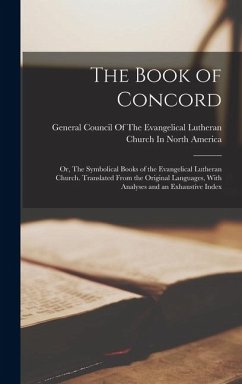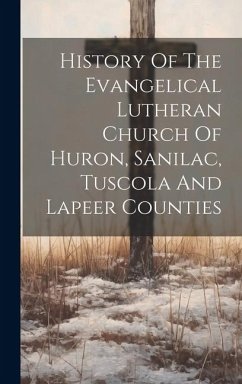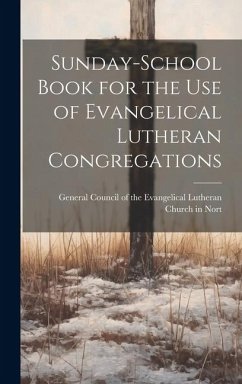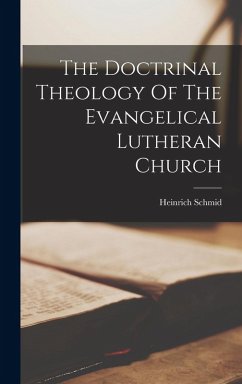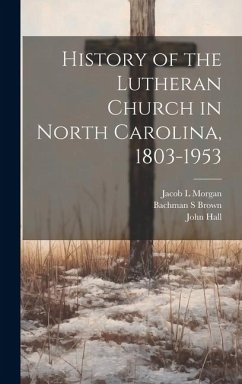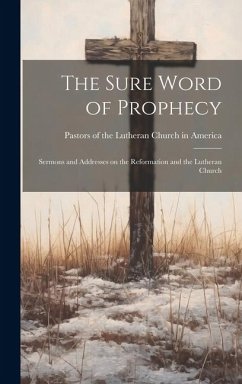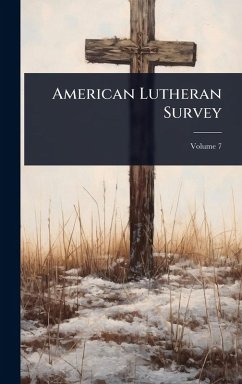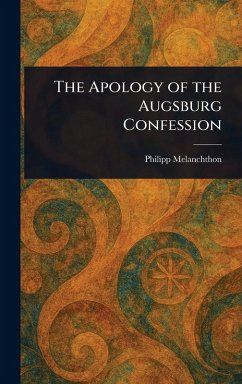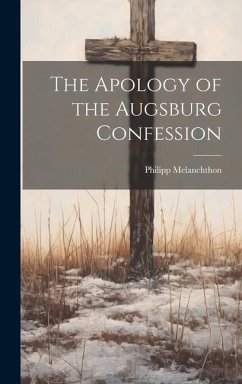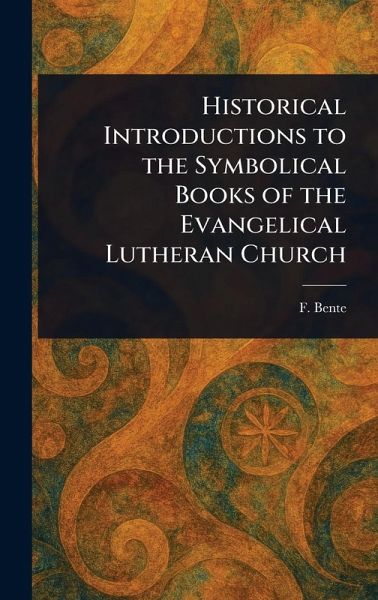
Historical Introductions to the Symbolical Books of the Evangelical Lutheran Church
Versandkostenfrei!
Versandfertig in über 4 Wochen
38,99 €
inkl. MwSt.
Weitere Ausgaben:

PAYBACK Punkte
19 °P sammeln!
Explore the foundational texts of Lutheranism with Friedrich Bente's "Historical Introductions to the Symbolical Books of the Evangelical Lutheran Church." This meticulously prepared volume offers invaluable historical context and insight into the core documents that define Lutheran Christian doctrine. Delve into the 'Formula of Concord' and the catechisms, understanding their significance and enduring impact on religious thought. Bente's work serves as a guide to understanding the symbolical books, providing a comprehensive overview suitable for anyone interested in the history of Christianit...
Explore the foundational texts of Lutheranism with Friedrich Bente's "Historical Introductions to the Symbolical Books of the Evangelical Lutheran Church." This meticulously prepared volume offers invaluable historical context and insight into the core documents that define Lutheran Christian doctrine. Delve into the 'Formula of Concord' and the catechisms, understanding their significance and enduring impact on religious thought. Bente's work serves as a guide to understanding the symbolical books, providing a comprehensive overview suitable for anyone interested in the history of Christianity, specifically the Lutheran tradition. This book illuminates the theological underpinnings of Lutheranism, making it an essential resource for exploring the rich heritage of Christian beliefs and the historical development of key religious texts. A cornerstone for understanding the catechism and the 'Formula Concordiae', this is a crucial addition to any collection focused on Christian theology and the history of religious thought. This work has been selected by scholars as being culturally important, and is part of the knowledge base of civilization as we know it. This work is in the public domain in the United States of America, and possibly other nations. Within the United States, you may freely copy and distribute this work, as no entity (individual or corporate) has a copyright on the body of the work. Scholars believe, and we concur, that this work is important enough to be preserved, reproduced, and made generally available to the public. We appreciate your support of the preservation process, and thank you for being an important part of keeping this knowledge alive and relevant.





